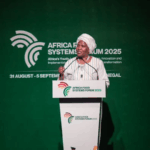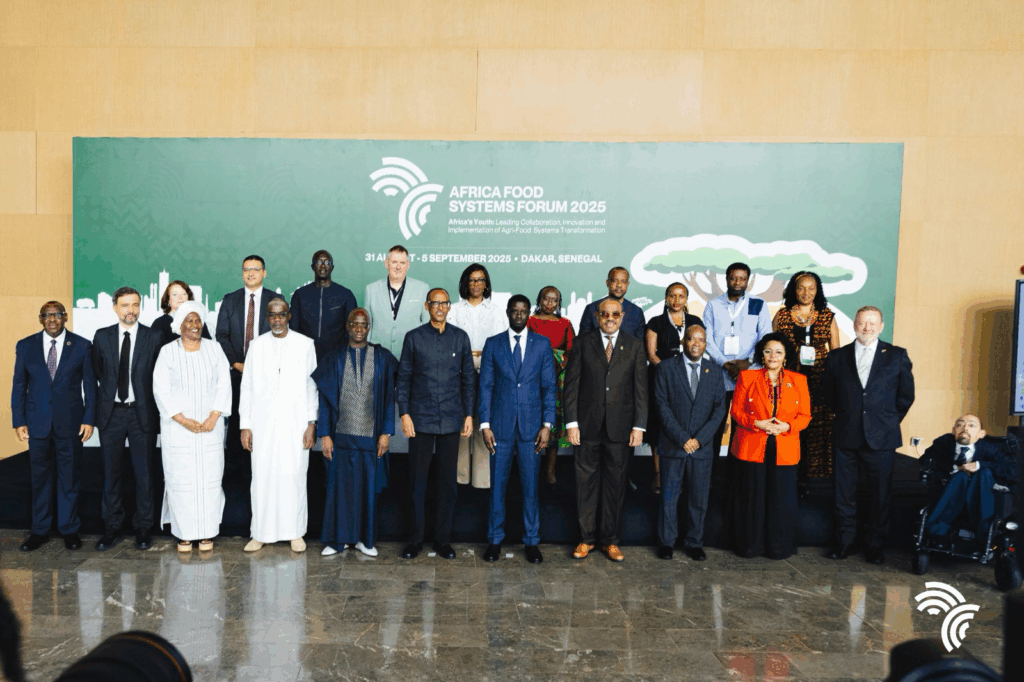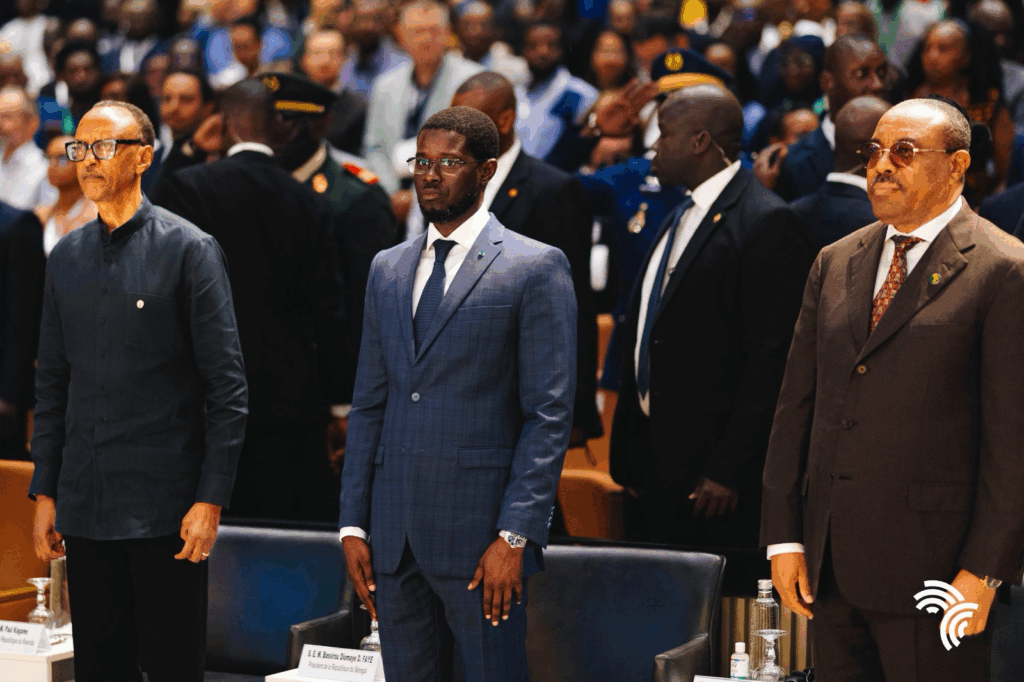
AGRA President Alice Ruhweza has called for increased public investment in Africa’s agriculture to help improve food systems.
Speaking at the opening ceremony of the 2025 Africa Food Systems Forum (AFSF) in Dakar, Senegal, she said African countries need to meet and exceed the Maputo and Malabo Declarations that committed African countries to spending at least 10% of their GDP on agriculture.
“We cannot grow what we do not fund. Agriculture must be treated as a central pillar of our economic and social development,” she said.

“We continue to spend over US$70 billion each year importing food, while millions of young people remain unemployed, and our infrastructure gaps and climate vulnerabilities limit our ability to fully realise our agricultural potential, including two-thirds of the world’s uncultivated arable land,” she noted.
The AGRA president reminded African leaders that the African Union Kampala Comprehensive African Agriculture Development Programme (CAADP) Declaration has committed Africa to increasing agrifood output by 45% through sustainable agricultural practices, reducing post-harvest losses by 50%, tripling intra-African trade in agrifood products and inputs, and increasing locally processed food to 35% of agrifood GDP by 2035.
The declaration also commits the continent to mobilising $100 billion in public and private investments, ensuring at least 10% of annual public expenditure goes to agrifood systems, reinforcing reinvestment of at least 15% of Agrifood GDP annually back into the sector, and achieving zero hunger in all African Union member states by 2035.
African governments are also expected to work towards reducing stunting, wasting, and overweight by 25%, and enabling 60% of the population to afford a healthy diet by 2035.
Empowering women, youth, and marginalised groups, enhancing capacity to adapt to climate, economic, and health shocks, and improving coordination, accountability, and evidence-based policymaking are also crucial targets.

“Today, we call on all stakeholders—governments, private sector, researchers, farmers, and civil society—to unite behind the 2026–2035 AU Kampala CAADP Declaration, Strategy and Plan of Action,” Ms. Ruhweza said.
“We urge countries to embed the Kampala agenda in national plans with clear accountability, while fostering partnerships that scale up transformative solutions,” she added.
She assured AGRA “will continue to stand shoulder to shoulder with smallholder farmers, civil society, governments, the private sector, and development partners to build a vibrant, sustainable agrifood system that nourishes Africa, powers its economies, and secures futures for generations. “
AFSF, an annual event organised by AGRA, is Africa’s premier platform for dialogue and action on food systems transformation.
Under the theme “Africa’s Youth Leading Collaboration, Innovation, and Implementation of Agri-Food Systems Transformation,” this year’s forum brings together heads of state, policymakers, researchers, agribusiness leaders, investors, and youth entrepreneurs to shape the future of food on the African continent.
Over 6,000 attendees from more than 113 countries will drive high-level discussions and commitments on agriculture between the 31st of August and the 5th of September 2025.

The AGRA president called for the empowerment of youth and women across the continent, describing them as key drivers of agribusiness and innovation.
“Above all, we must put our youth at the centre of our work and focus. Africa’s greatest asset is the vigour, energy, ambition and innovation of its young entrepreneurs and farmers and the wisdom and knowledge of older generations.
“This is the dividend we must invest in and protect. Let us equip them with the skills, capital, and opportunities they need to lead,” she said.
Ms. Ruhweza also called for the acceleration of infrastructure development, including transport and trade corridors, rural energy access, irrigation systems, and digital infrastructure.
She additionally called for global and local technological advancement and research to drive the growth of the sector.
Former Prime Minister of Ethiopia and Board Chair of AGRA, Hailemariam Dessalegn, said the time to act is now.
“Africa cannot wait to harness its potential and transform its food systems. We owe it to the 300 million Africans living in poverty, to our young people searching for work, and to our women who hold our communities together,” he said.
Rwandan President Paul Kagame urged Africa’s young people to take charge of the continent’s food systems.

“We need to move from talking to doing. The youth must also step up and match their demands with real action. Each of us must take responsibility,” he said.
He also stressed that Africa cannot keep begging for aid. “Our continent must rely on its own strength, creativity, and resources to build sustainable food systems that feed our people today and tomorrow,” he said.
President of Senegal, Bassirou Diomaye Faye, noted that Africa has all the potential to achieve food self-sufficiency.
“To feed itself, Africa must first rely on itself. It must embrace a solution-led dynamic… together, let’s work to break the perception that agriculture is a survival sector,” he said.